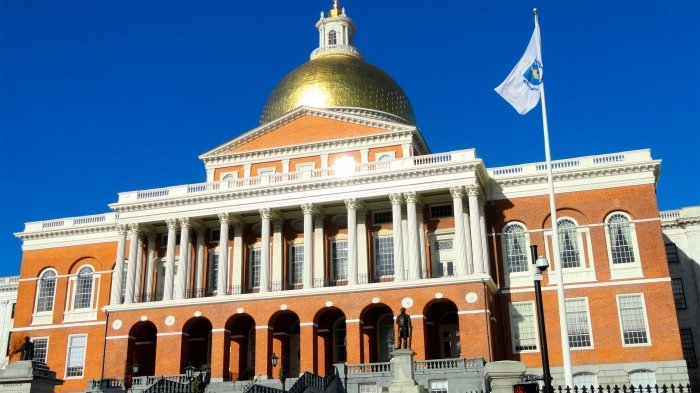M
assachusetts Senate failed to include sports betting in an economic development bill that was passed last Wednesday.
The House saw a 156-3 vote in favor of the economic and employment support plan, but the addition of sports betting led to contention on the senate floor. The senate would eventually pass the bill with unanimous support, but only after hours of deliberation saw the sections pertaining to sports betting removed from the draft, Forbes reports.
While many of the state’s Senators openly voiced their support for a legalized sports betting marketplace, they felt that the time was not right and that pushing the issue through on the back of an emergency response bill would not send the right message.
The Massachusetts Gaming Commission estimates the state could expect an annual tax revenue generated from legalized sports betting in a range between $9 and $61 million. Senate members had been working to draft their own version of a bill to include sports betting as well, but with a July 31st deadline looming, they decided to table the conversation for another day to allow for proper deliberation.
House Bill 4887 had aimed to quickly establish sports betting within the state’s casinos and racetracks, and its language suggested that the market would look to offer numerous online offerings to create a competitive and consumer friendly market. Many states have required web-based sportsbooks to partner with a physical casino in order to obtain licensing, but opting to forgo this requirement would have seen Massachusetts offering one of the most diverse offerings in the United States.
Furthermore, the House bill dusts off the concept of the “integrity fee” more commonly proposed by the sports leagues themselves, as it looked to offer a 1% Venue Fee, where one percentage of all gross revenue generated from an event taking place on Massachusetts state soil would go to the owners of the location that hosts the event. If implemented, this would be the first of its kind in the country, and a few legislators argued that the funds should be allocated to support small towns and cities rather than feed the pockets of those already profiting off of the events taking place.
Many legislators cited time restraints as the main reason to nix the initiative from the bill. Senator Michael Rodrigues stated that regulated sports betting in Massachusetts would likely be up and running in the near future but given the current situation the “time is not now, nor is this the proper vehicle to do so in.”
Numerous senators echoed his concerns of forcing the issue into a bill that meant to serve as a response to the COVID-19 crisis. With the request to extend the legislative deadline beyond July 31st approved, the House and Senate now have until the end of the calendar year to craft a stand-alone bill to fully address the proper way forward to legalized sports wagering.



